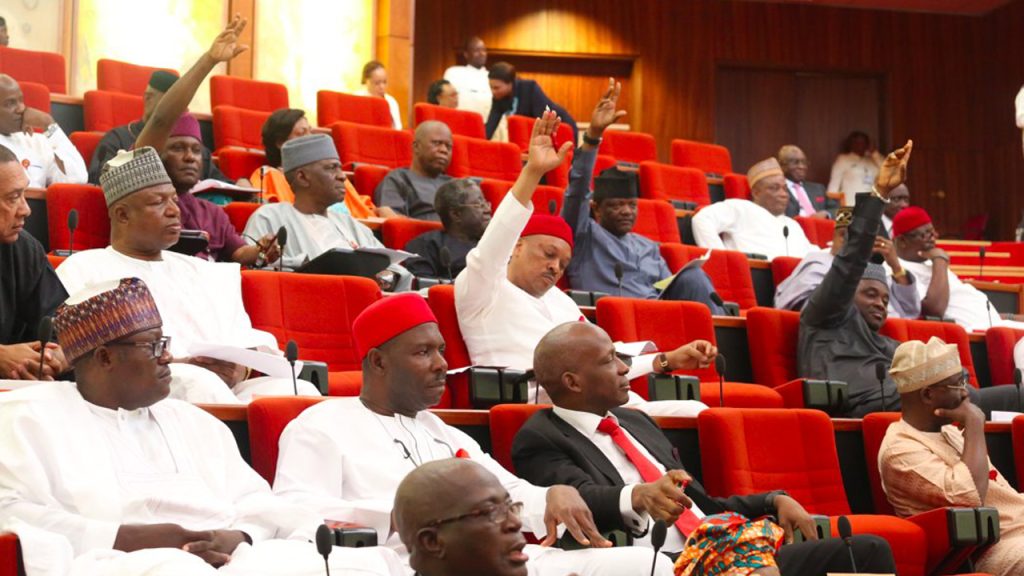Seun Onigbinde, the Co-Founder of the civic group BudgIT, has highlighted concerns regarding the lack of detailed project allocations in the N28.78 trillion 2024 Appropriation Act. Speaking on Channels Television’s Politics Today program, Onigbinde supported Senator Abdul Ningi’s observation that there were no detailed allocations for about N3.7 trillion of the budget.
Onigbinde emphasised the need for transparency in budgetary allocations to ministries, departments, and agencies (MDAs) and government-owned enterprises. He stated, “There should be a detailed breakdown of the budget. On that point, Senator Ningi is right, but to say that we are running two parallel budgets, I don’t think that is factual.”
He stated that the 2024 budget, signed into law by President Bola Tinubu, had an entire capital project budget of around N9 trillion, with N2 trillion allocated to government-owned enterprises. Onigbinde noted, “The budget we have now includes the budgets of ministries, departments, agencies (MDAs), and government-owned enterprises.”

Onigbinde urged both the executive and the National Assembly to ensure transparency in budgetary allocations, especially to MDAs and government-owned enterprises. He emphasized that the people have the right to know how funds earmarked for various agencies are being spent.
Senator Ningi had alleged that the budget was padded by N3 trillion and that the North had been neglected under the current administration. This led to his suspension by the Senate, following a motion of privilege and issue of national importance moved by Senator Olamilekan Adeola.
Onigbinde reiterated the need for a comprehensive analysis of the budget, especially regarding allocations to the National Assembly, National Judicial Council (NJC), Independent National Electoral Commission (INEC), Tertiary Education Trust Fund (TETFund), and others. He stressed that there should be a detailed breakdown of how funds allocated to these agencies are being utilized.
The BudgIT boss concluded by saying, “These are transparency issues, and if you put all these together, that is around N3.5 trillion to N3.7 trillion. So, if that is what he (Ningi) wants to interrogate, there are components of the budget where there is no breakdown. That is very factual.”
Seun Onigbinde’s comments highlight the challenges of budget transparency and accountability in Nigeria, underscoring the need for more detailed and accessible information regarding budgetary allocations and expenditures.


